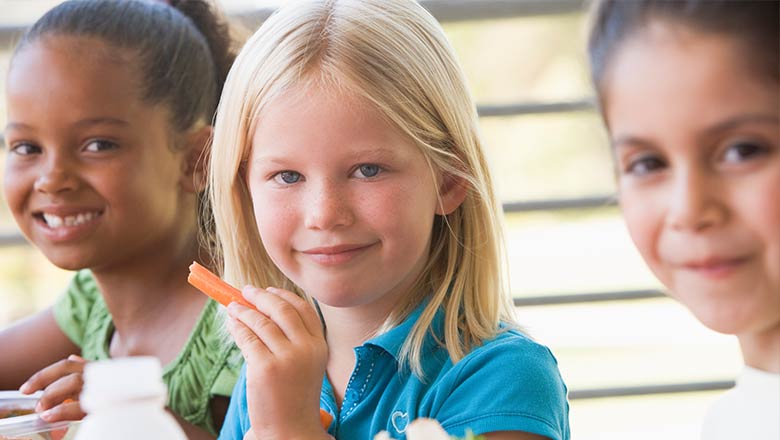Search
Showing results for "Au"
Research
Yarning with a remote Aboriginal community about the next steps for achieving healthy skinSkin health is widely recognised as being important for overall good health and well-being, yet the burden of skin infections in remote Aboriginal communities remains high. This project aimed to explore if virtual support for skin health could be a strategy to reduce community barriers to skin health engagement.
Research
Effectiveness of pneumococcal conjugate vaccine against hospital admissions for pneumonia in Australian childrenReductions in pneumonia-coded hospital admissions in unvaccinated children predominated in non-Aboriginal children with low incidence of pneumonia
Research
Twenty years of surveillance in Rett syndrome: what does this tell us?This study aimed to describe overall survival and adult health in those with Rett syndrome.
Research
Changes in risk factors for preterm birth in Western Australia 1984-2006Marked increases in maternal age and primiparous births were observed. A four-fold increase in the rates of pre-existing medical complications over time...
Research
Morbidity in survivors of child and adolescent meningiomaGiven the paucity of data concerning long-term outcome, the authors undertook a meta-analysis to analyze morbidity in survivors of this disease.
Research
Vitamin D deficiency at 16 to 20 weeks' gestation is associated with impaired lung function and asthma at 6 years of ageThis paper examines whether a Vitamin D deficiency during pregnancy affects the child's lung function predisposition towards lung disease such as asthma.
News & Events
Sugary drinks in teens linked to risk for cardiovascular diseaseResearch shows teenagers who drink more than one can of sugary drink a day are at higher risk of developing diabetes and cardiovascular disease in later life.

News & Events
Western diet link to ADHDA new study from Perth's The Kids for Child Health Research shows an association between ADHD and a 'Western-style' diet in adolescents.
Research
Billboard Busters: Exploring Children's Views on Outdoor Advertising"Billboard Busters: Exploring Children's Views on Outdoor Advertising" is a groundbreaking study that examines schoolchildren's attitudes towards outdoor advertisements.
Research
Improving delivery of secondary prophylaxis for rheumatic heart diseaseContinued progress in controlling RHD requires an understanding of how to improve delivery of regular injections of penicillin - secondary prophylaxis (SP).
